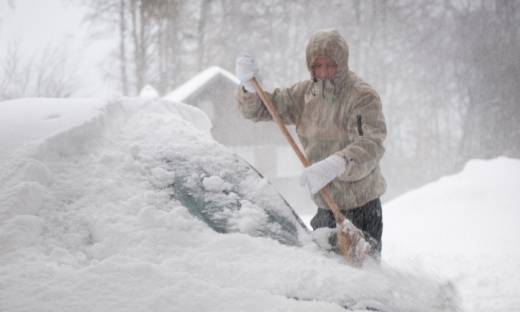
The unpredictable nature of a crisis means organizations need a well-planned response when circumstances take a turn for the worse. Whether it’s a snow storm, a power outage, fire, act of terrorism, or protest, who will be there to step up and provide the support and leadership you need? There are many actions and protocols needed to guide you through an emergency. When the unexpected happens who will…
-
Coordinate and direct emergency responders
-
Activate emergency response plans
-
Initiate communication systems
-
Contact local authorities
-
Lead evacuations
-
Identify safe areas for shelter-in-place directives and deliver supplies
-
Establish a communication center
-
Direct media to a designated location
-
Prevent access to damaged areas
-
Secure the property when employees are unable to reach the site
-
Provide the additional staff needed to respond
These critical responses can significantly impact your ability to recover; the productivity, morale and safety of your employees; and your organization’s brand. While your employees should be involved in emergency response planning, that is likely not their primary responsibility. You need a dedicated resource that has emergency response experience, a relationship with the local authorities and extensive knowledge of your property.
Your security team should fill this role. These are the individuals who are trained to respond to emergencies and can serve as your on-the-ground leader to initiate emergency response protocols and quickly take action for you. If your security team is not engaged in your emergency preparedness, planning and response efforts, this is a missed opportunity.
While a “it won’t happen to me” attitude would be much simpler, the reality is clear—emergencies occur and we must all be prepared with the right processes and personnel.
View Allied Universal’s Response to Hurricane Sandy as you evaluate your emergency response team.
About the Author
Dave Silvey is the Senior Vice President of the Northeast Region for Allied Universal.









